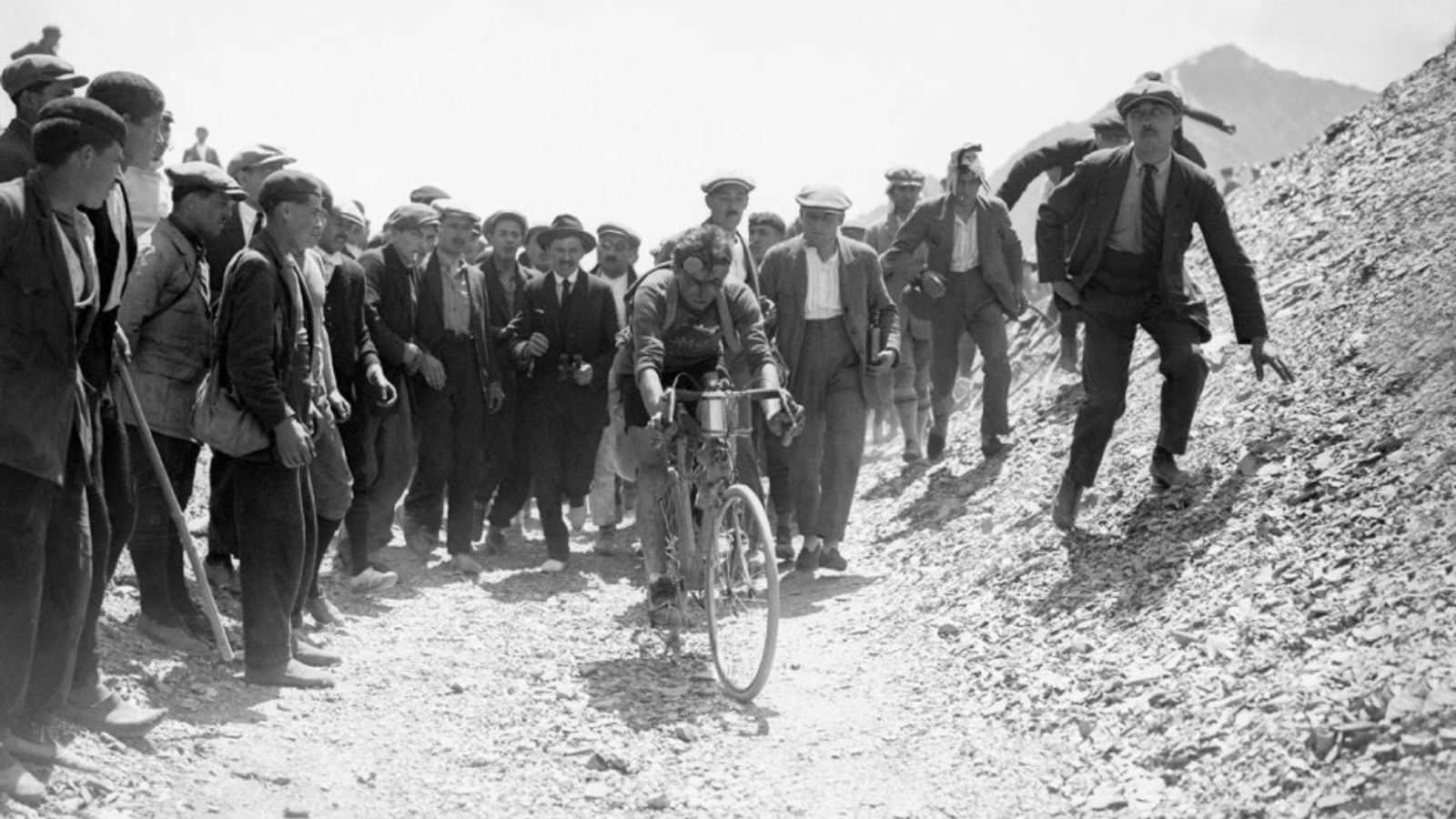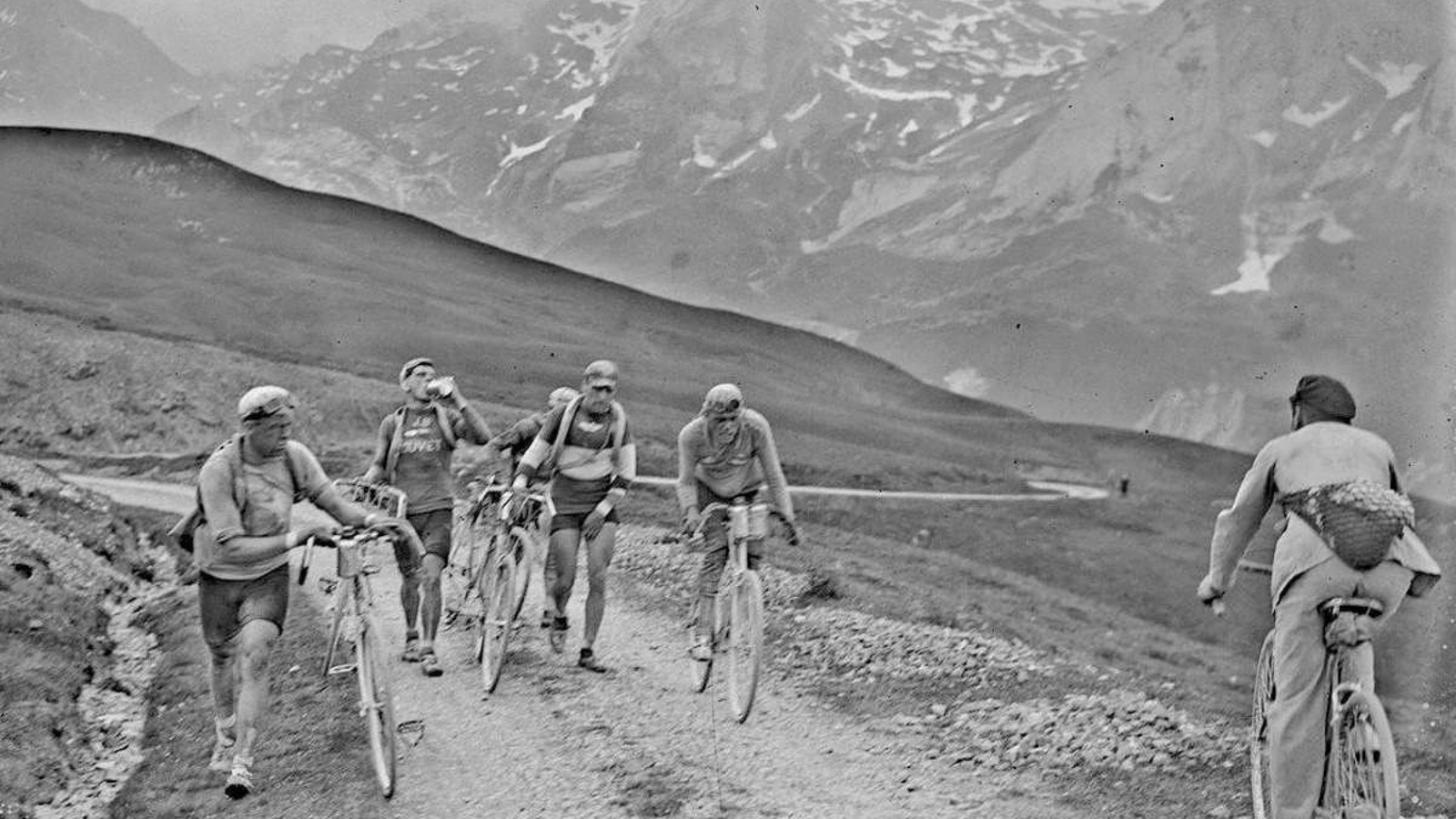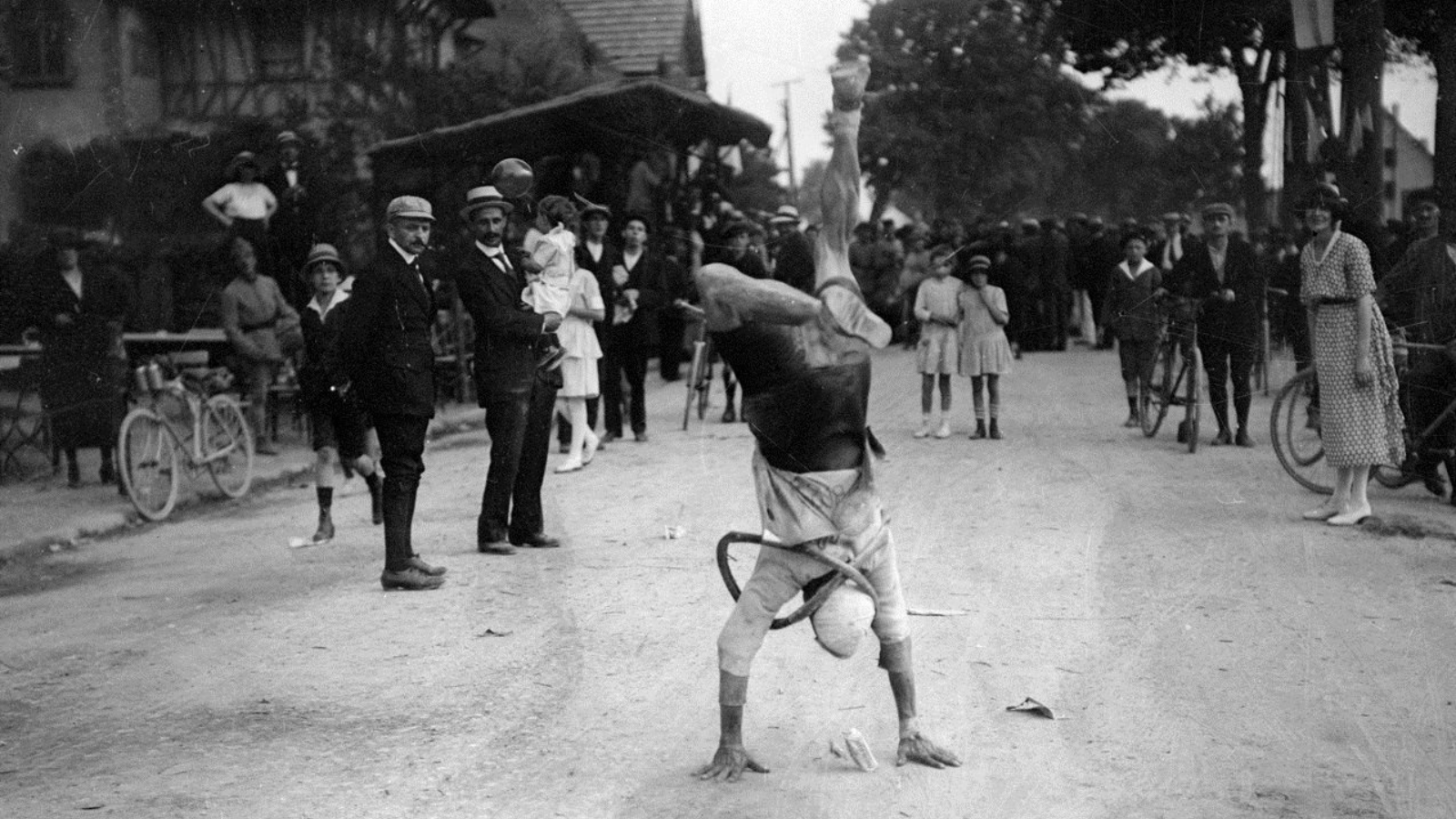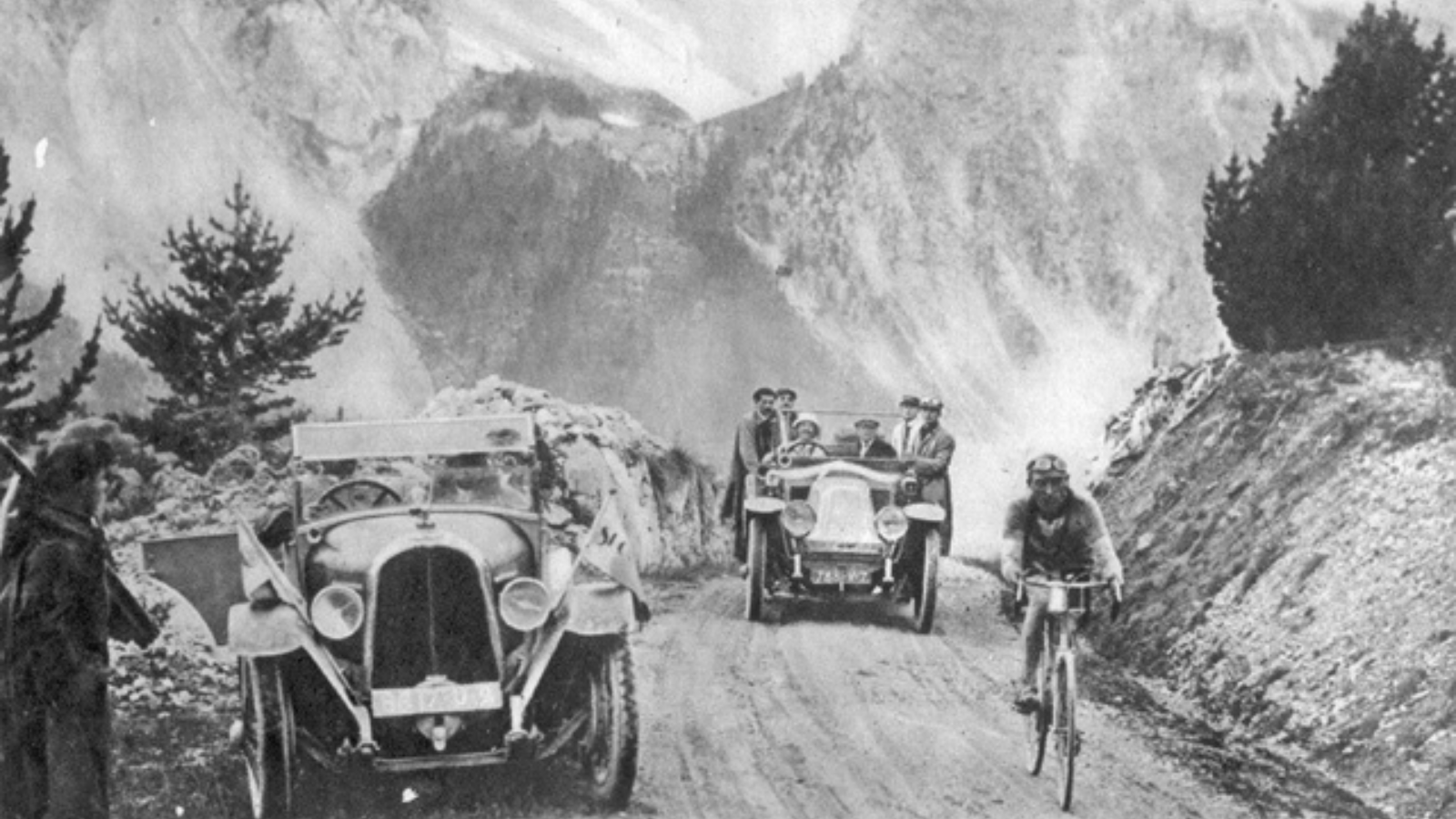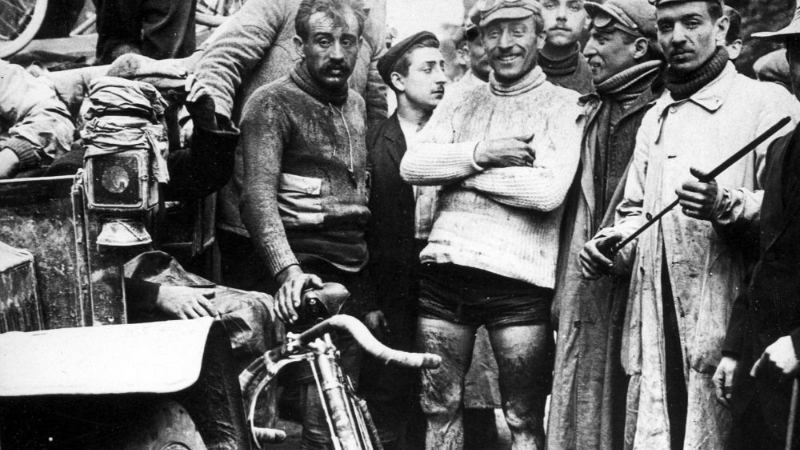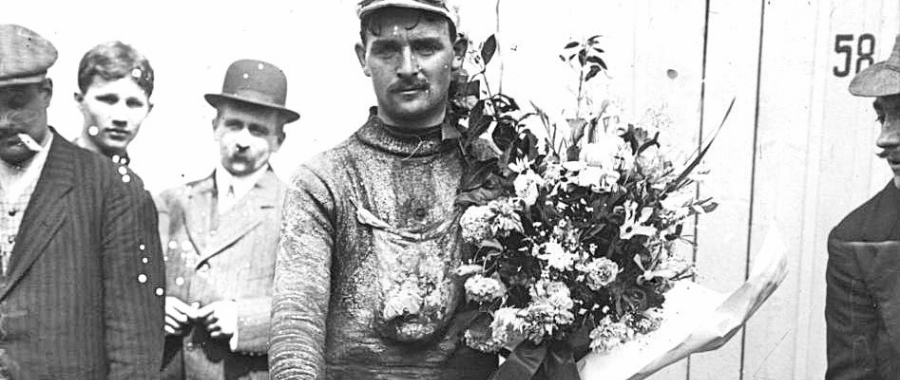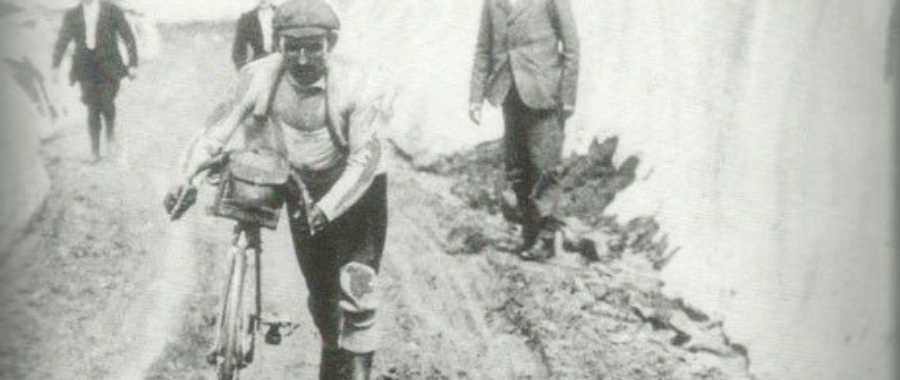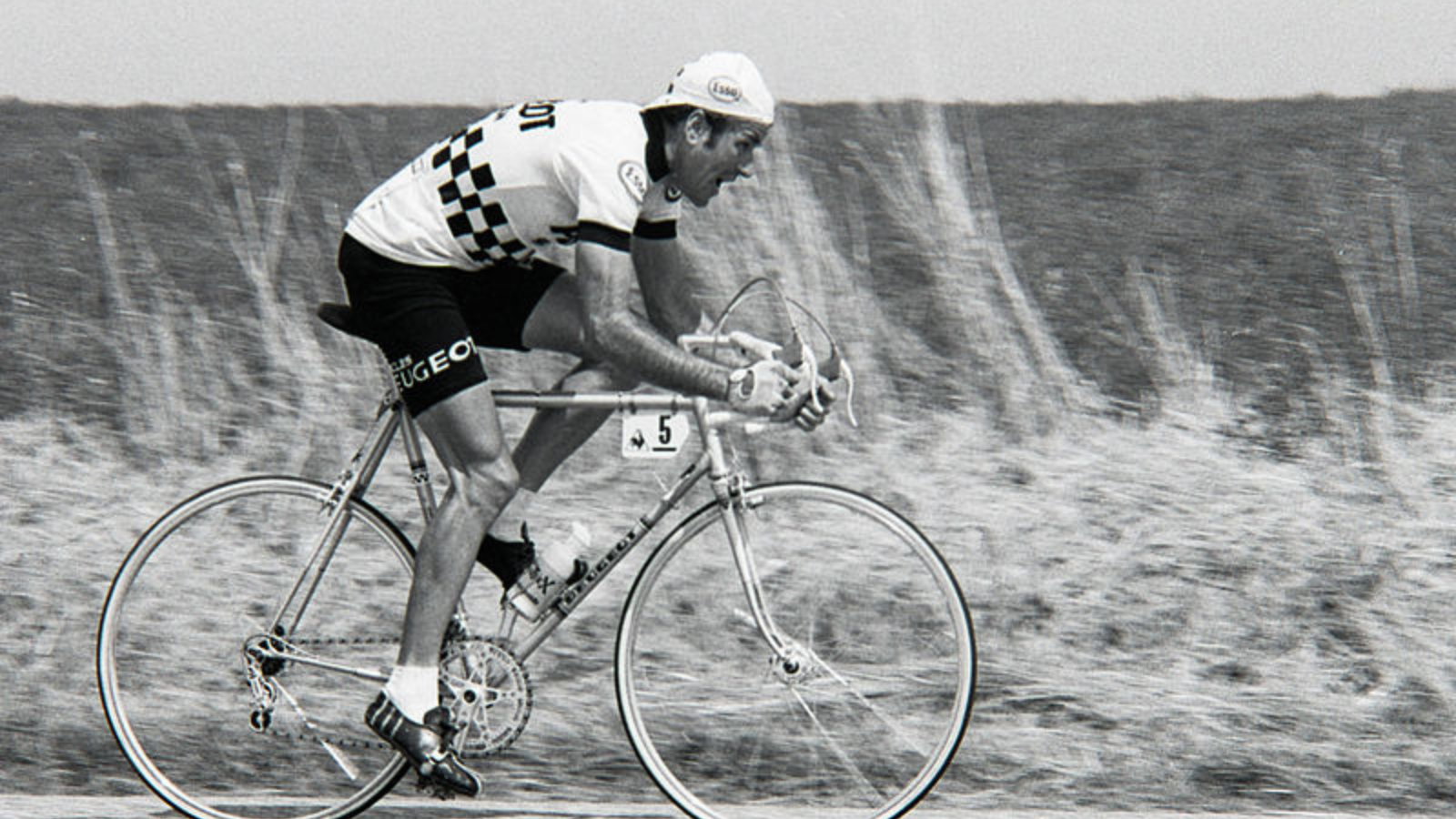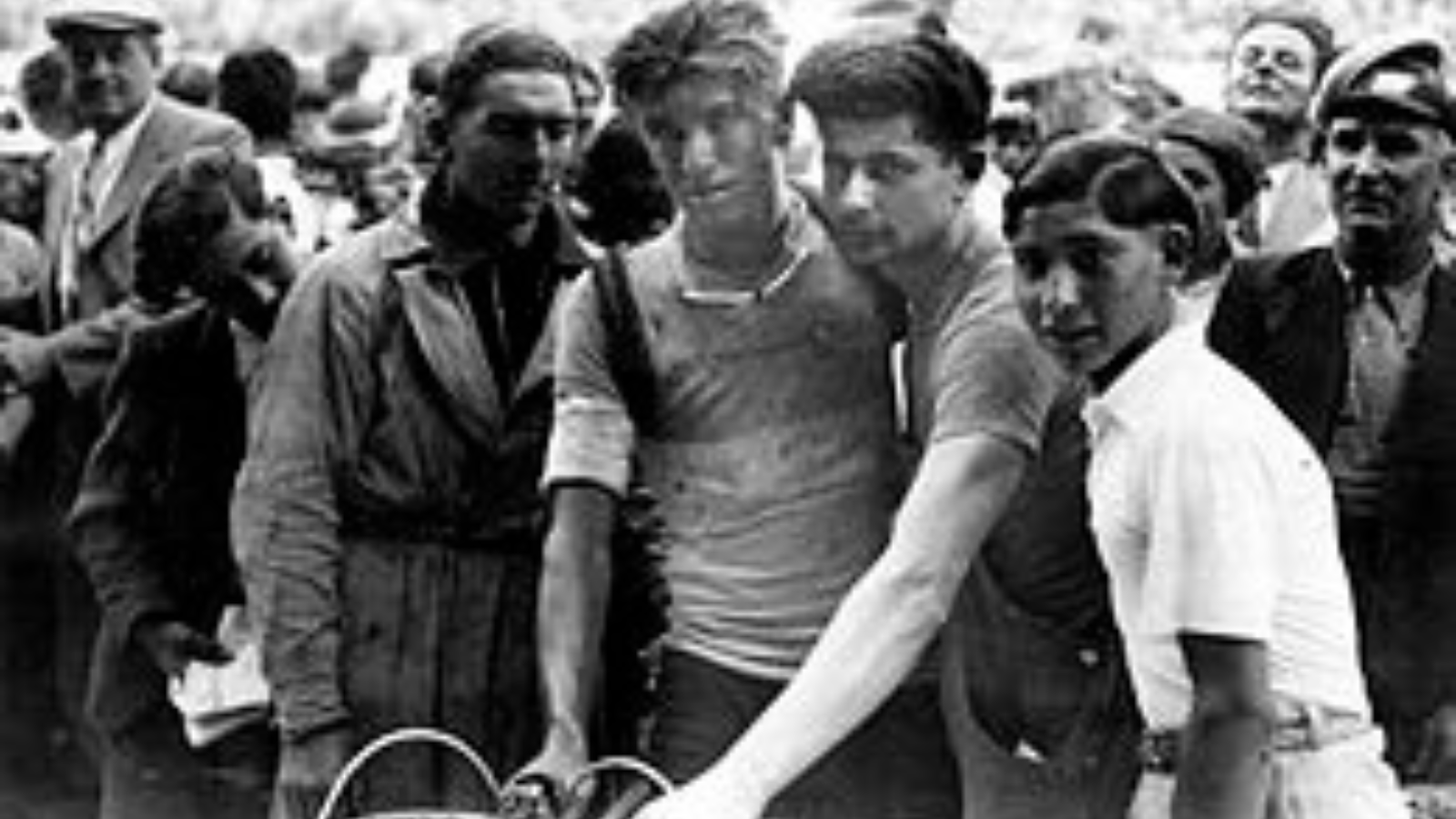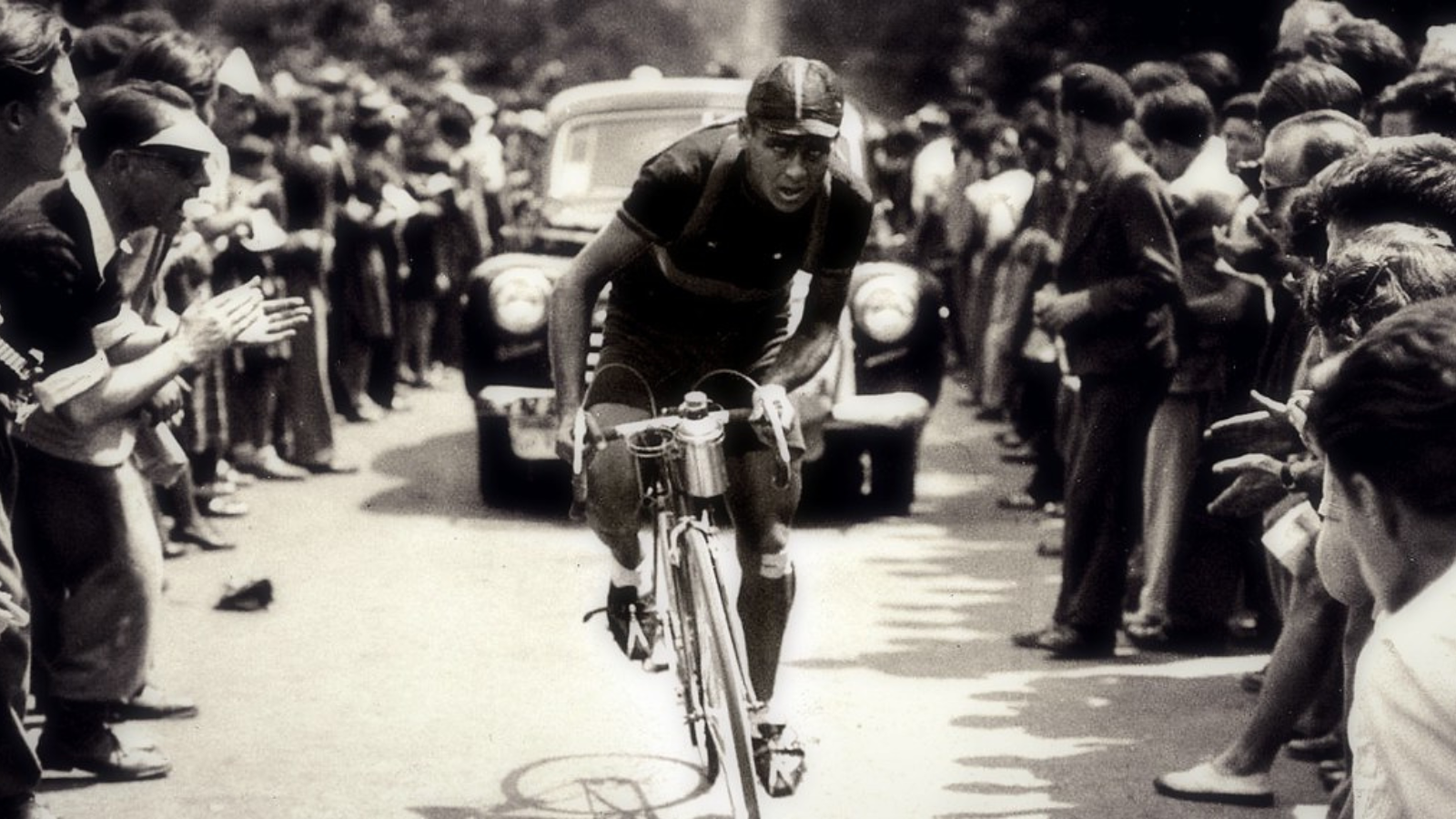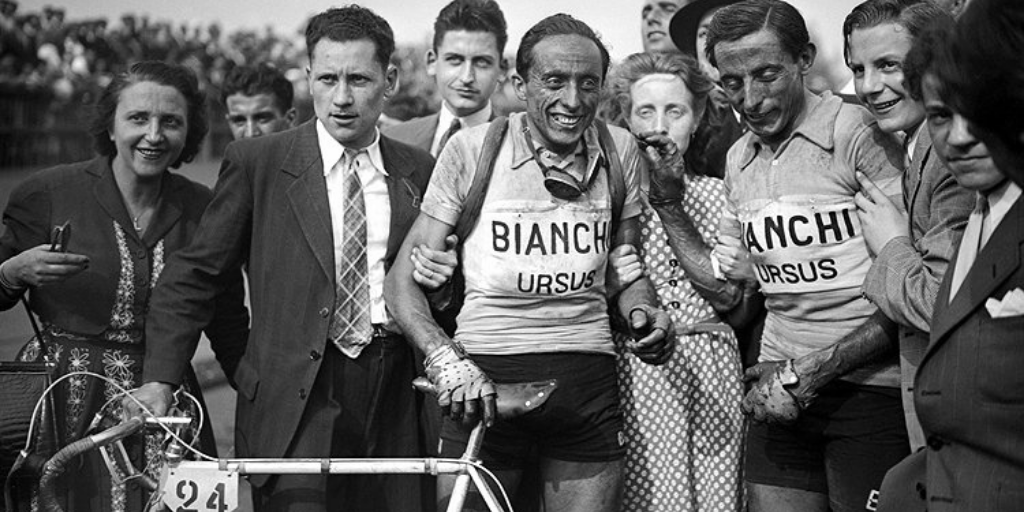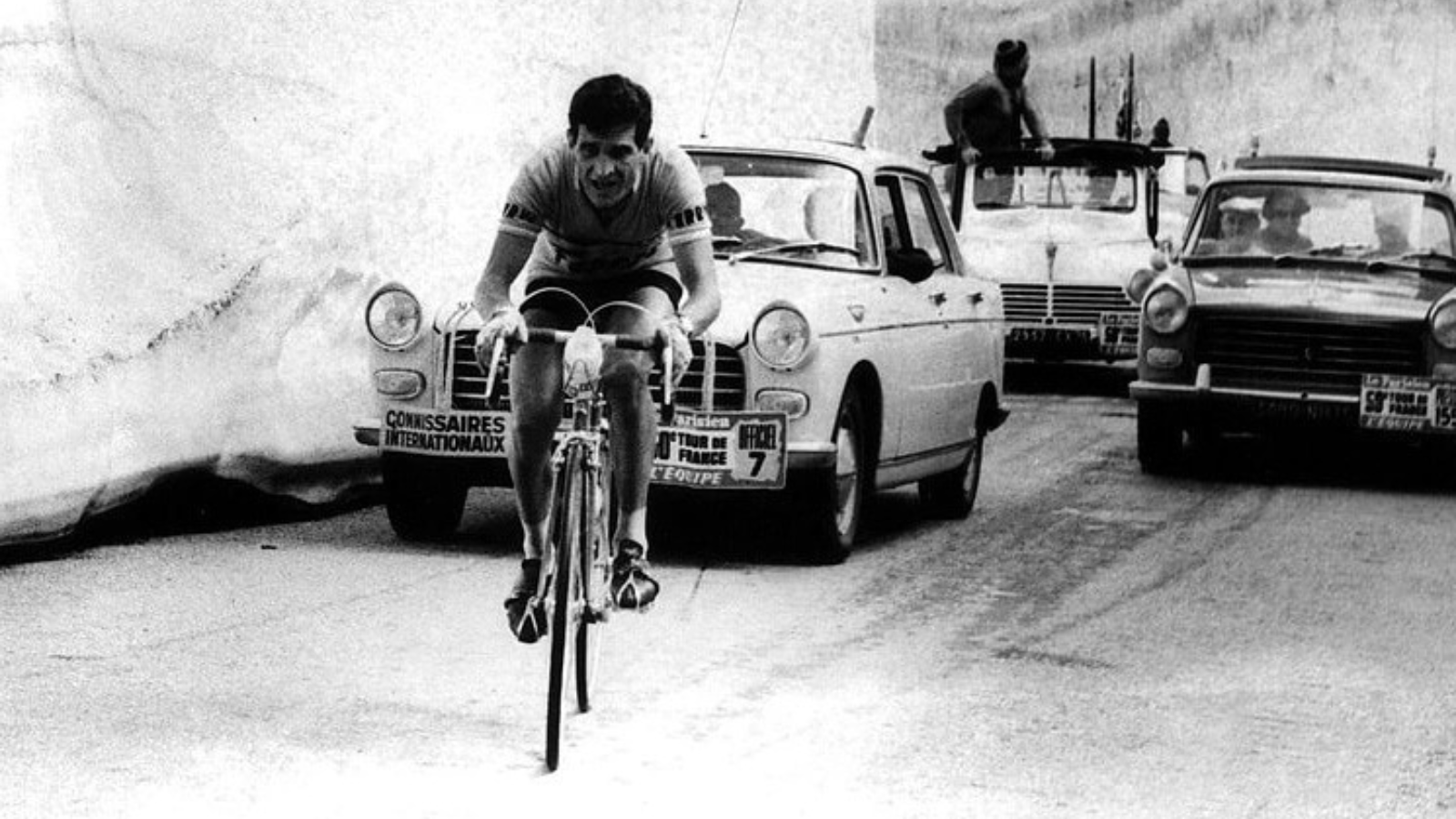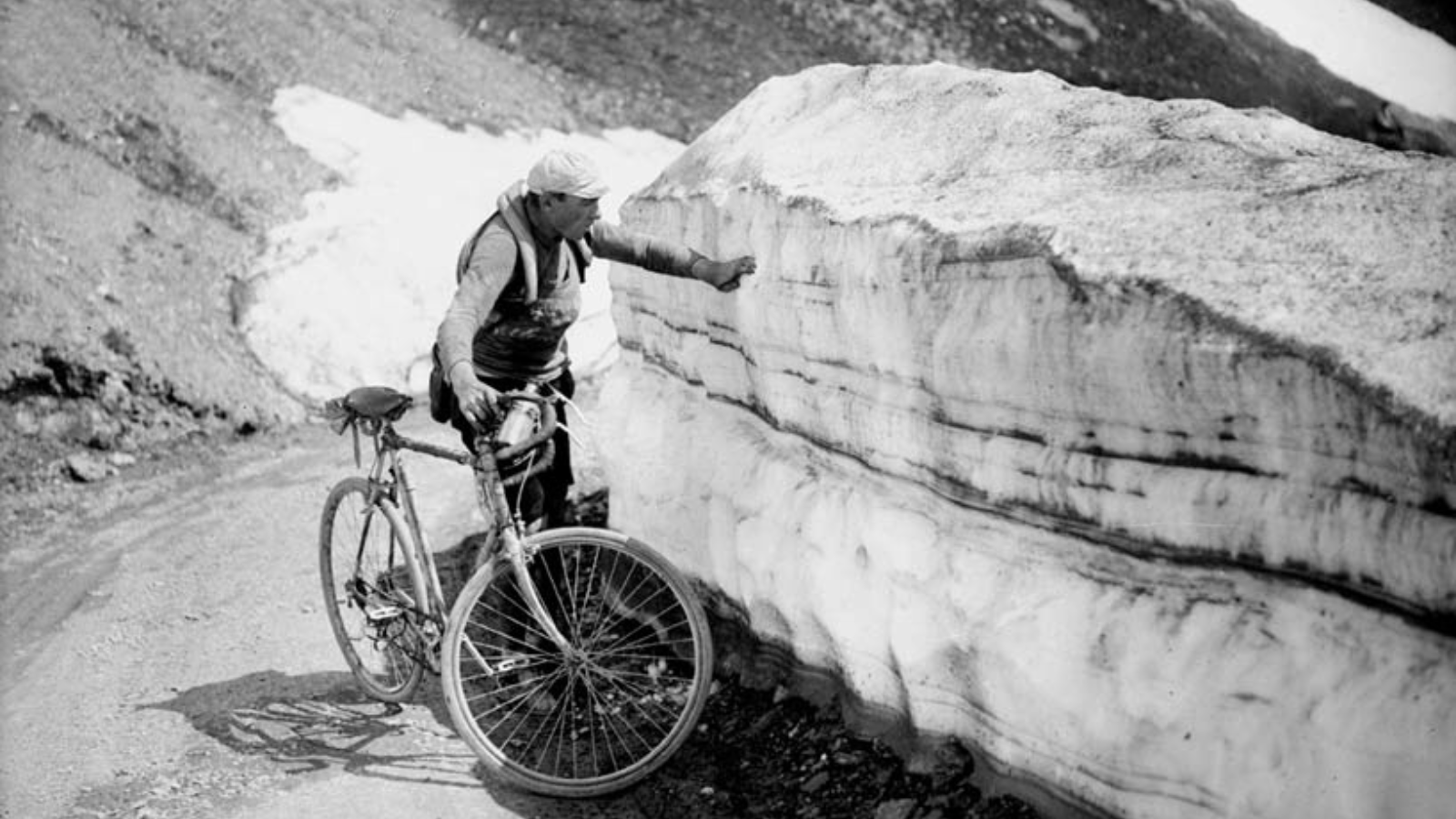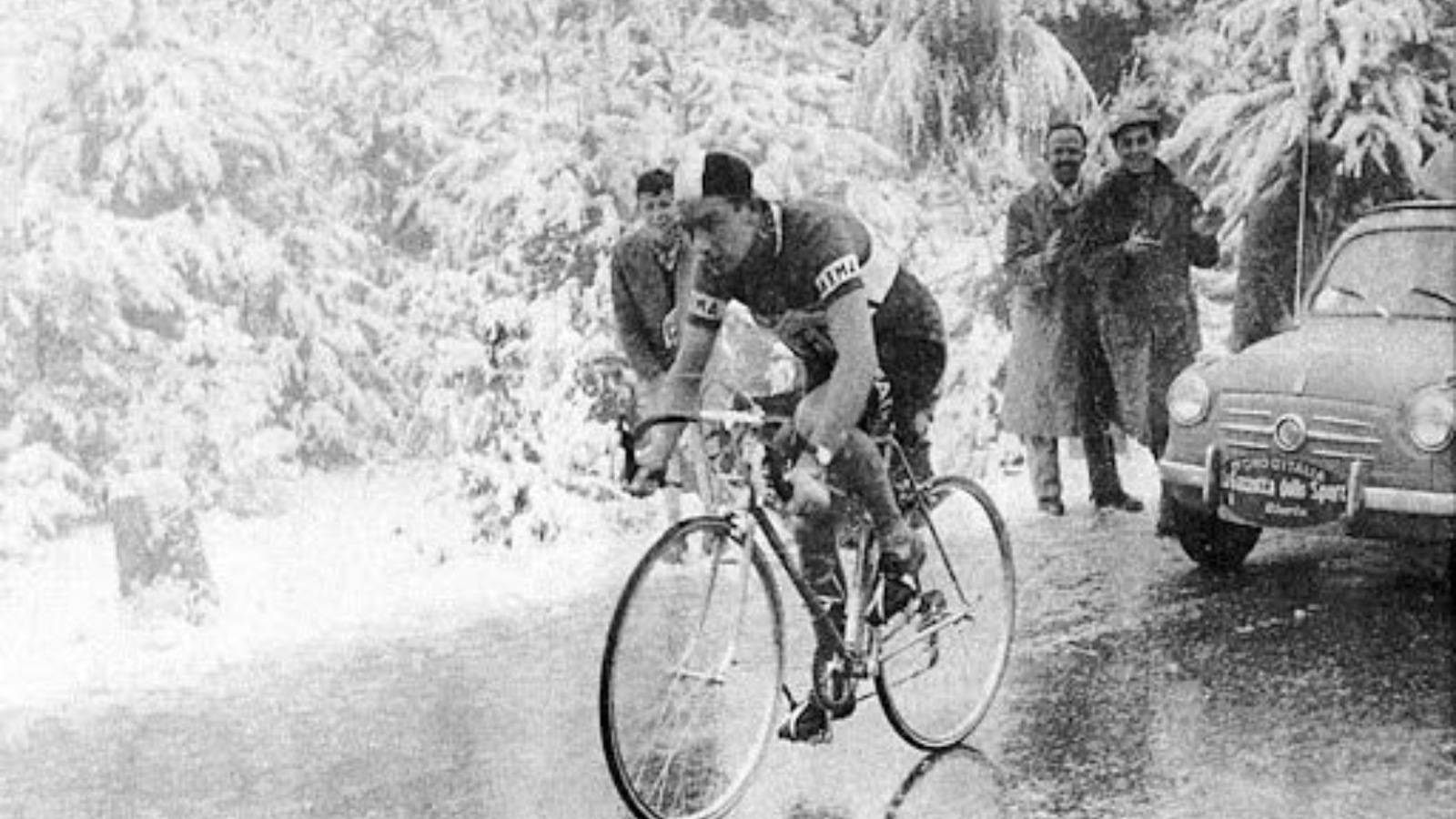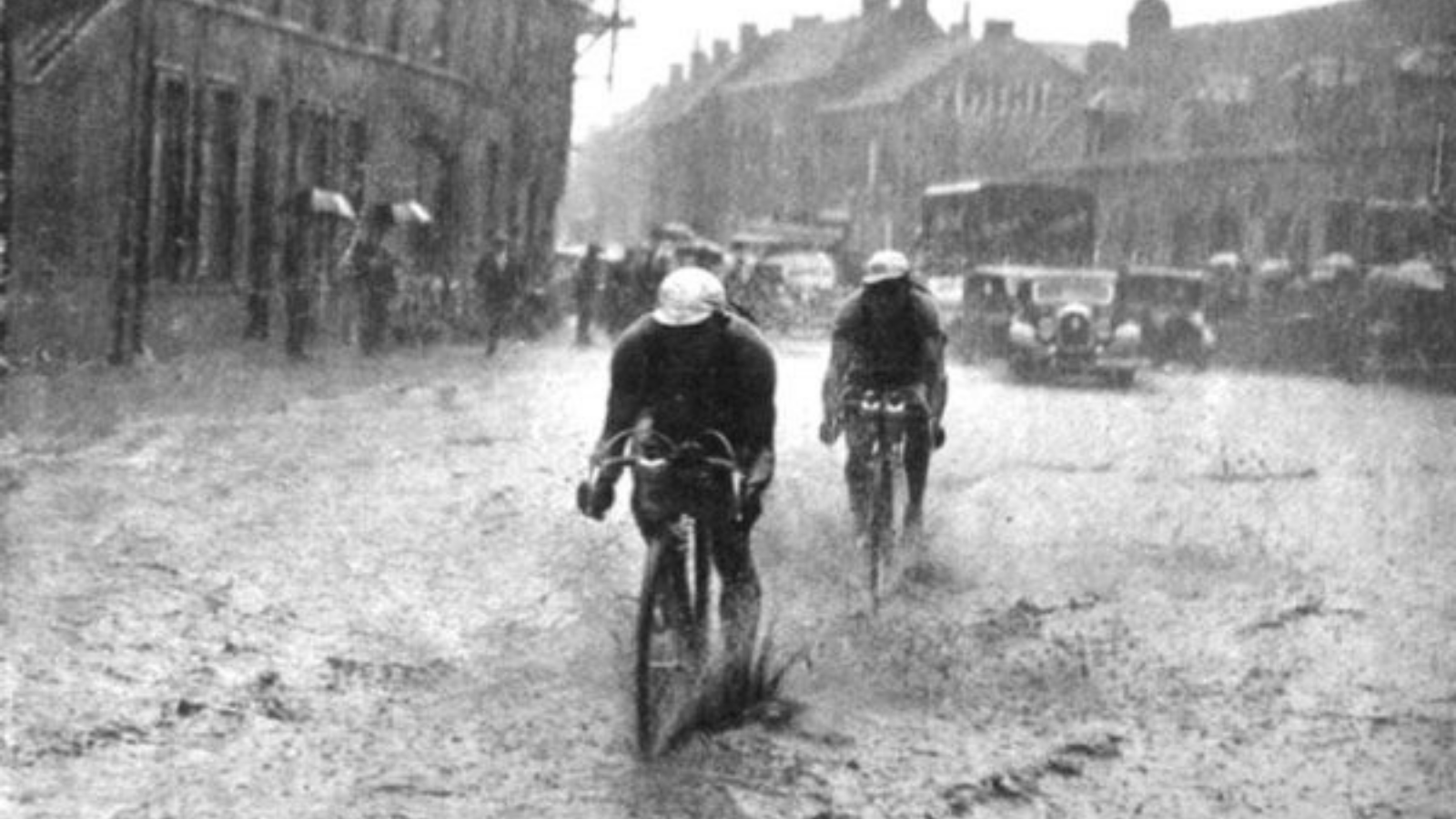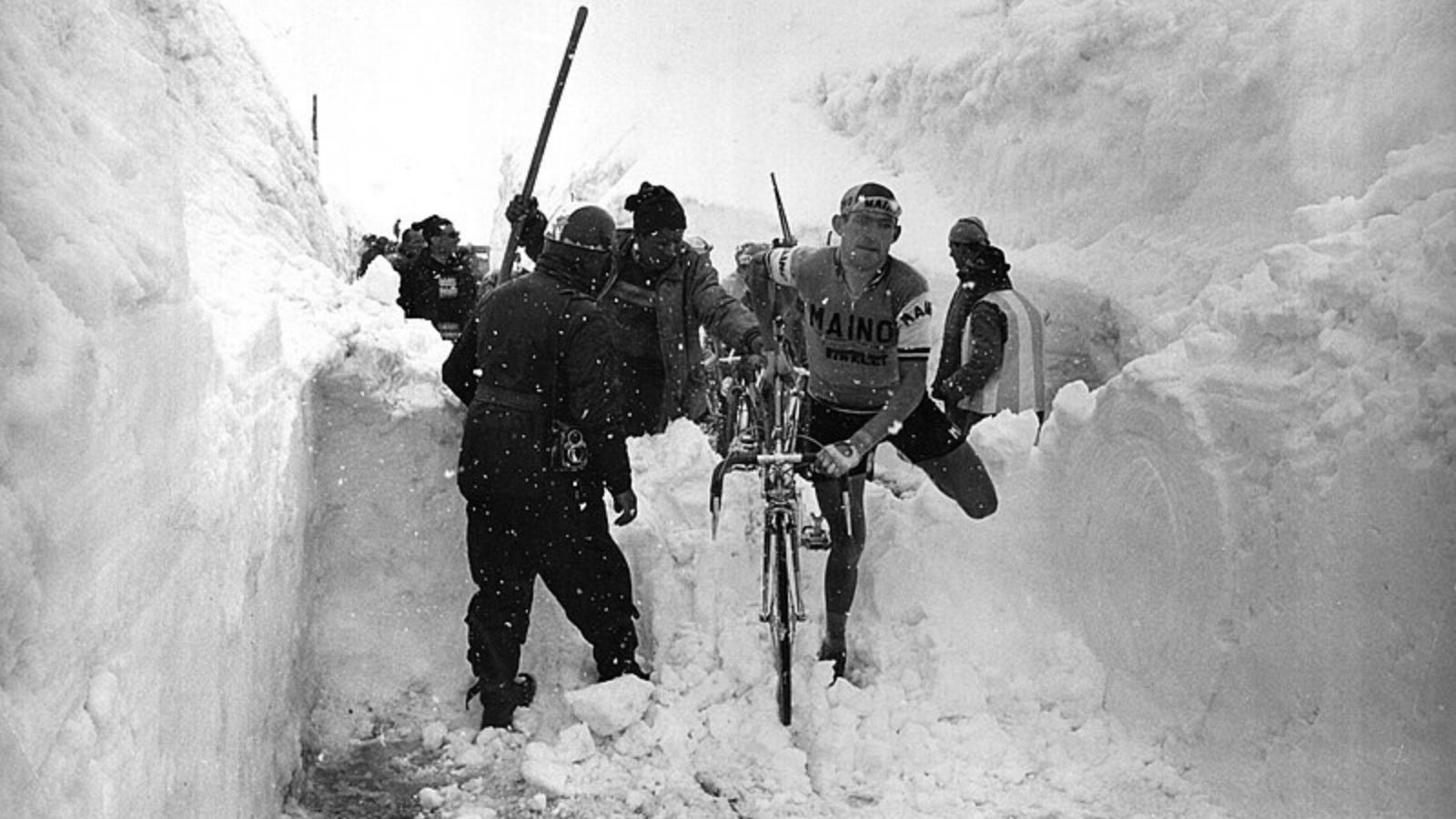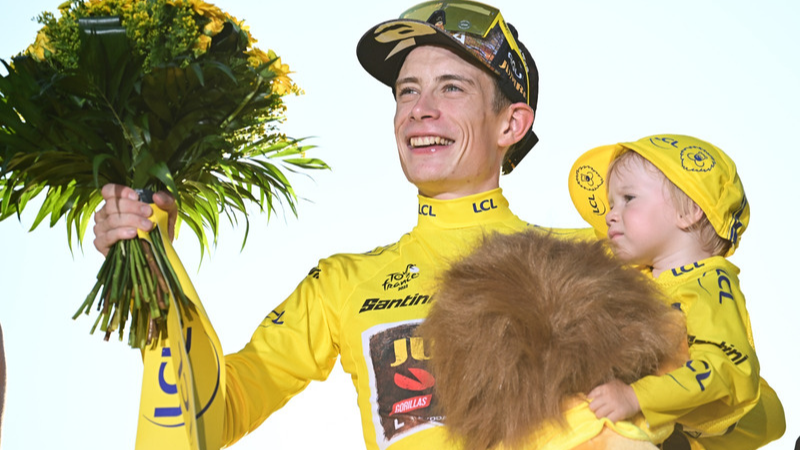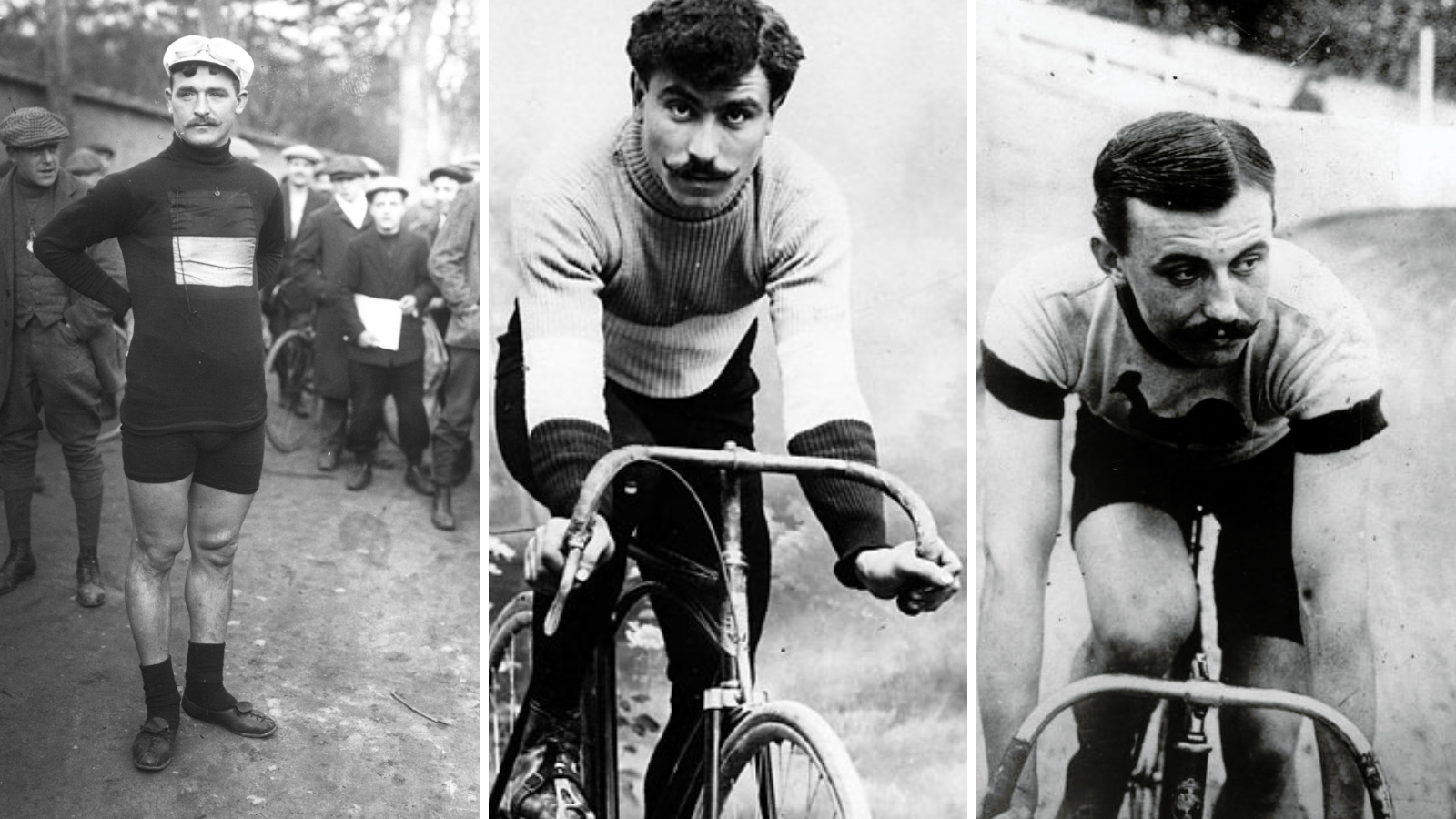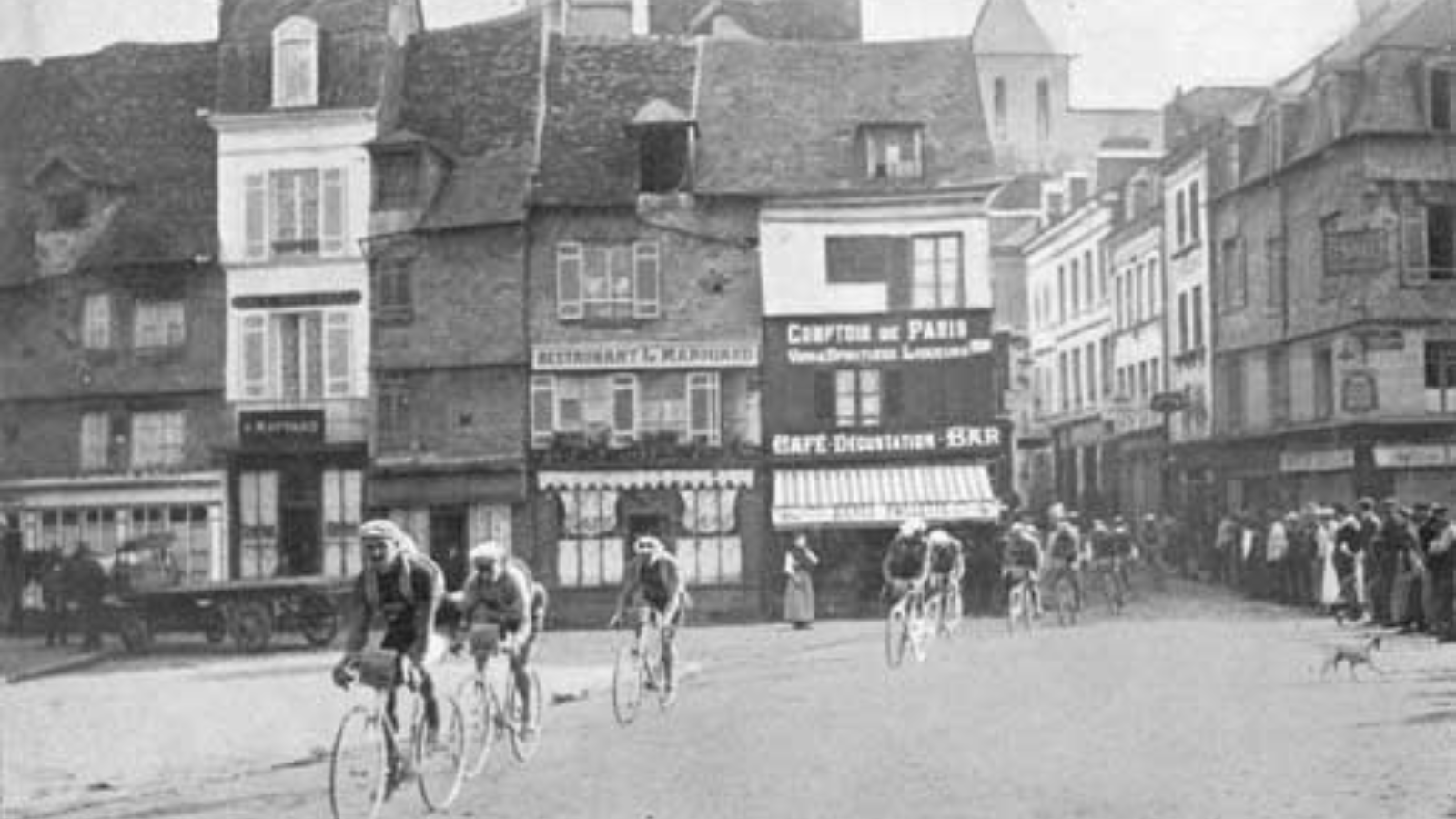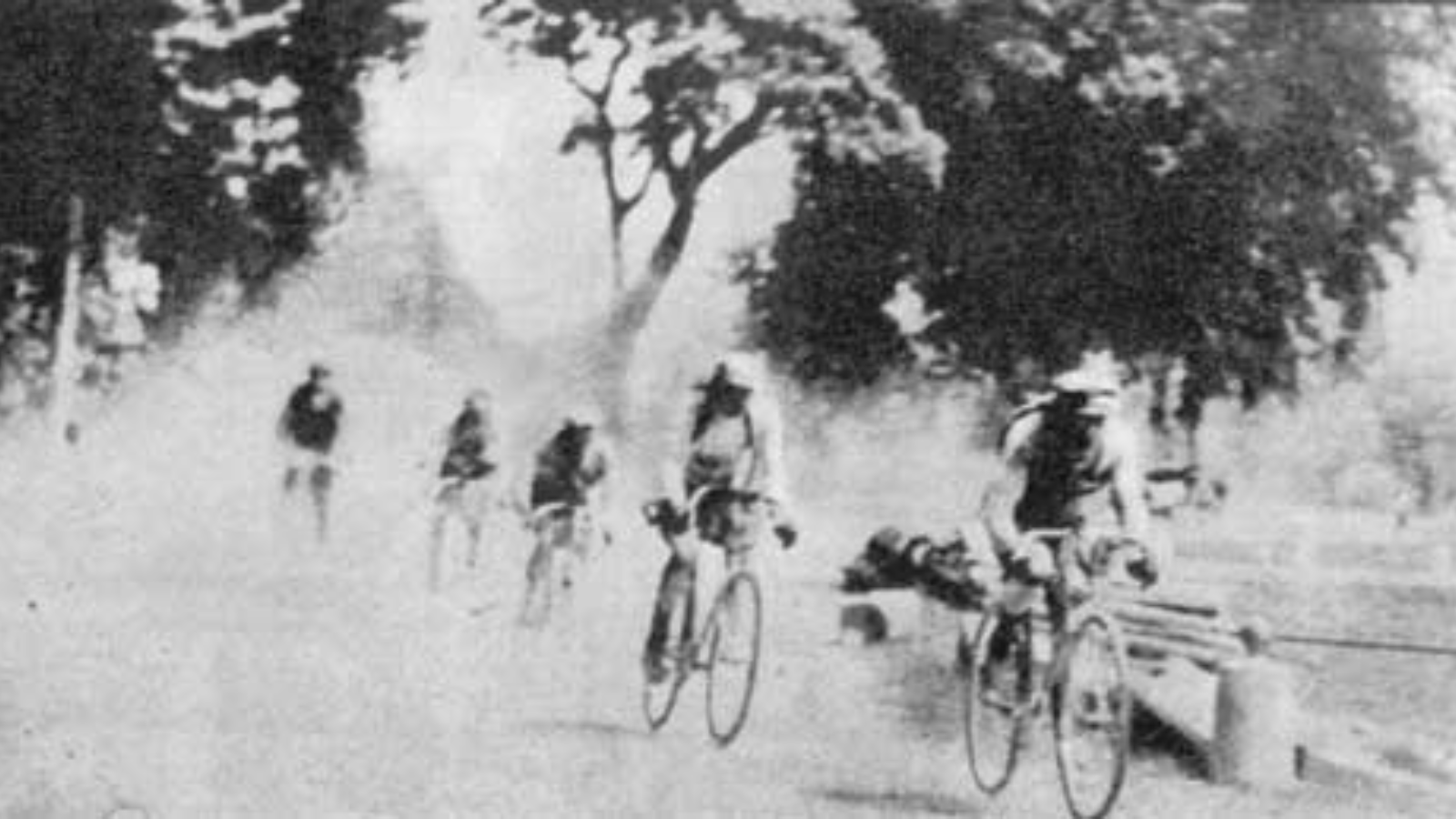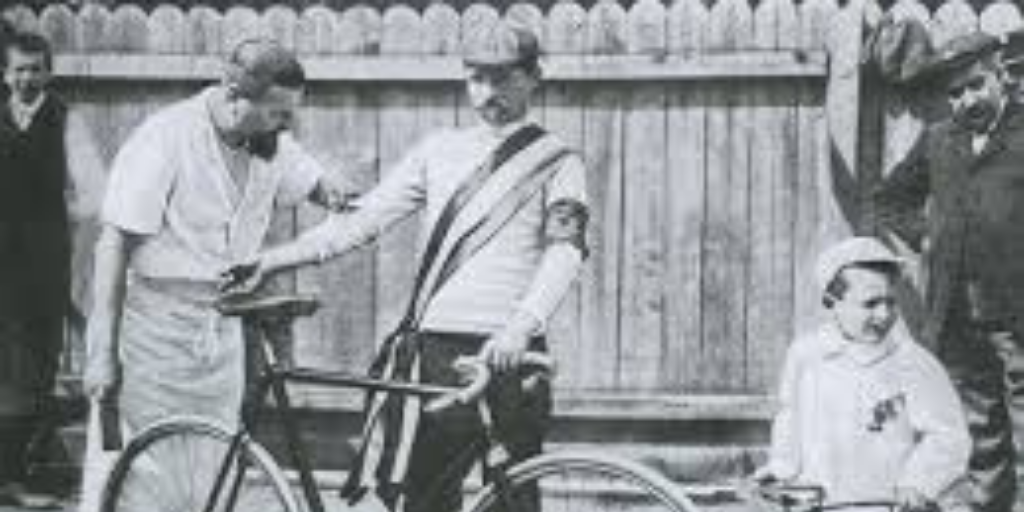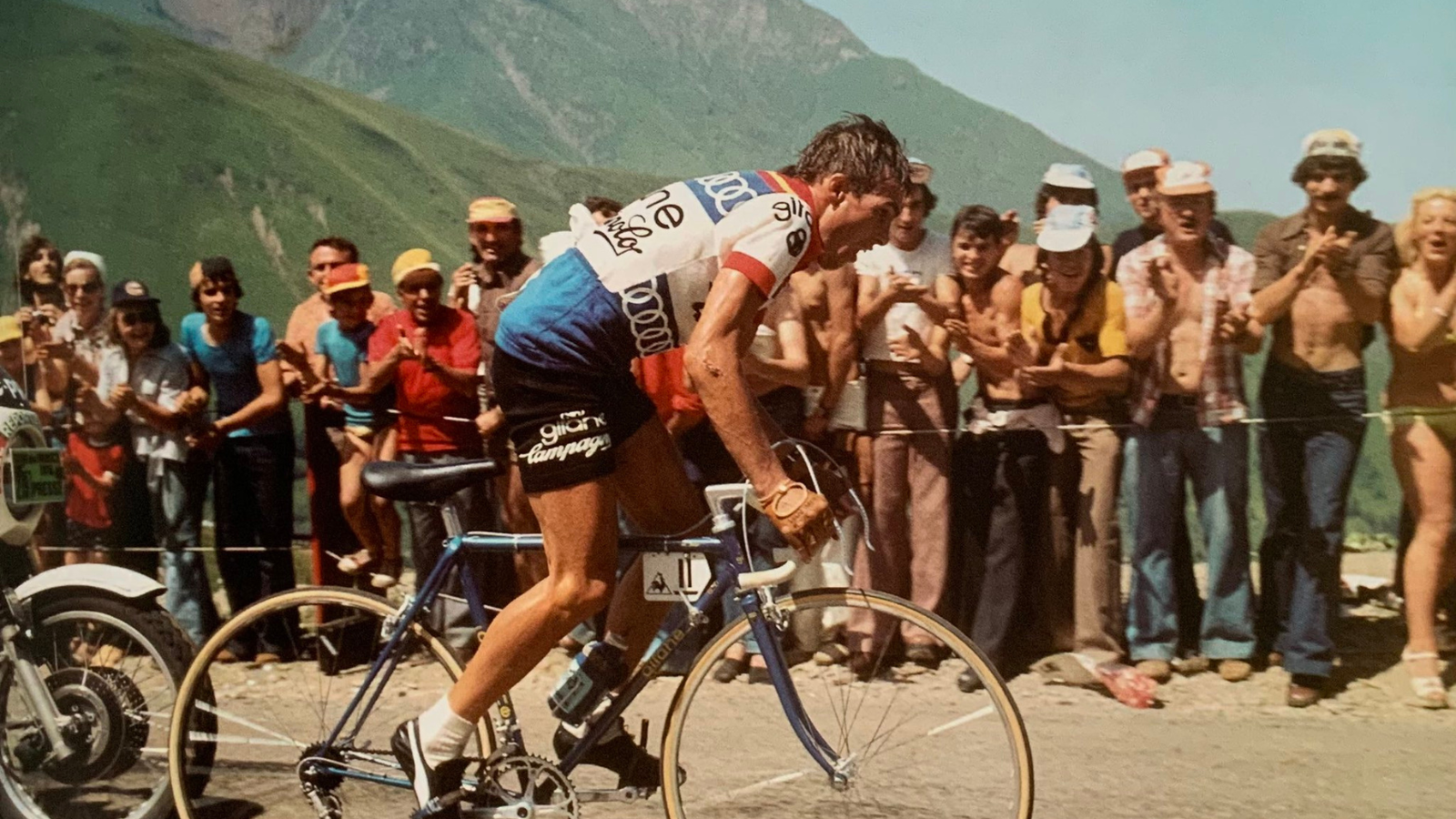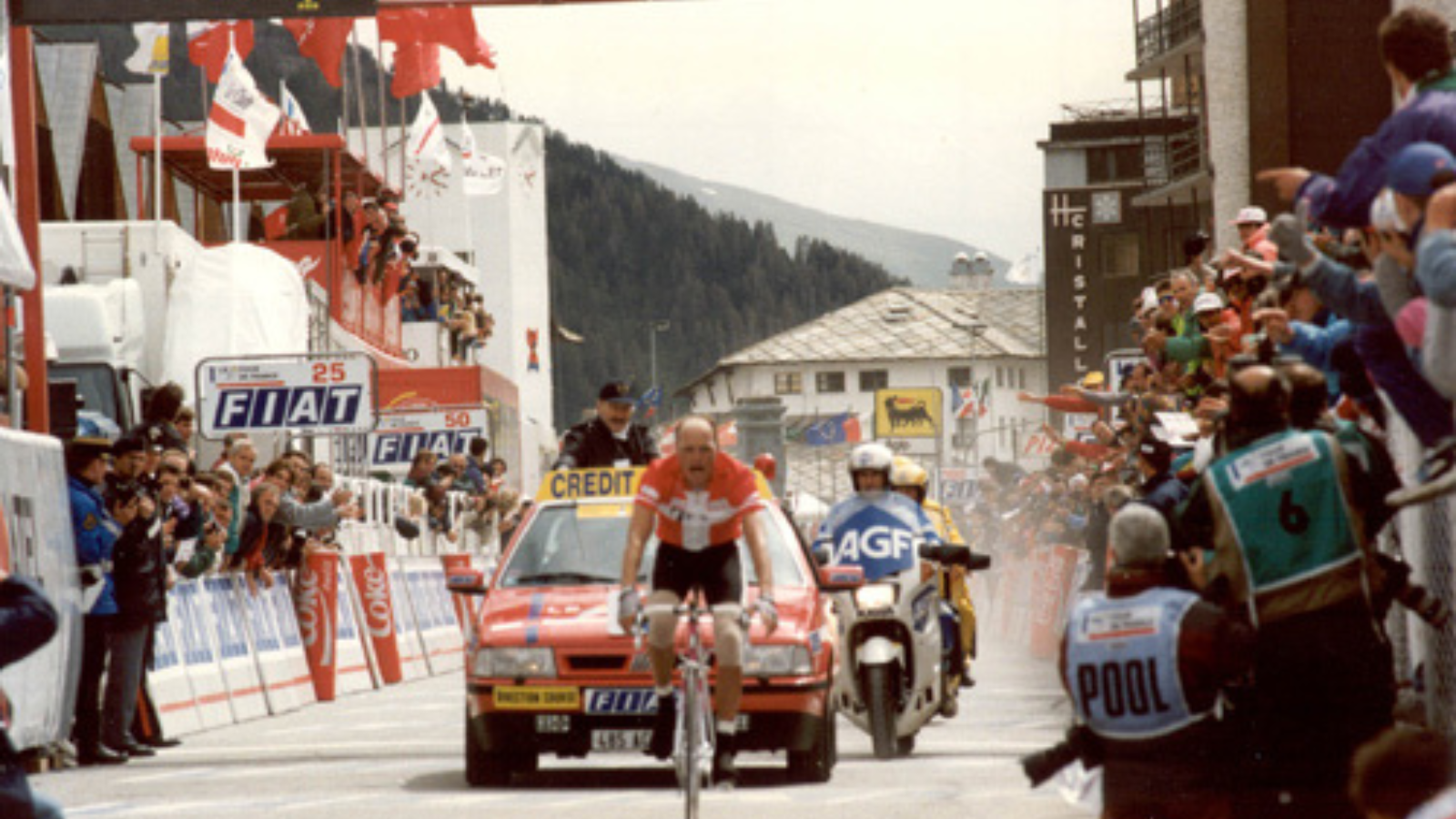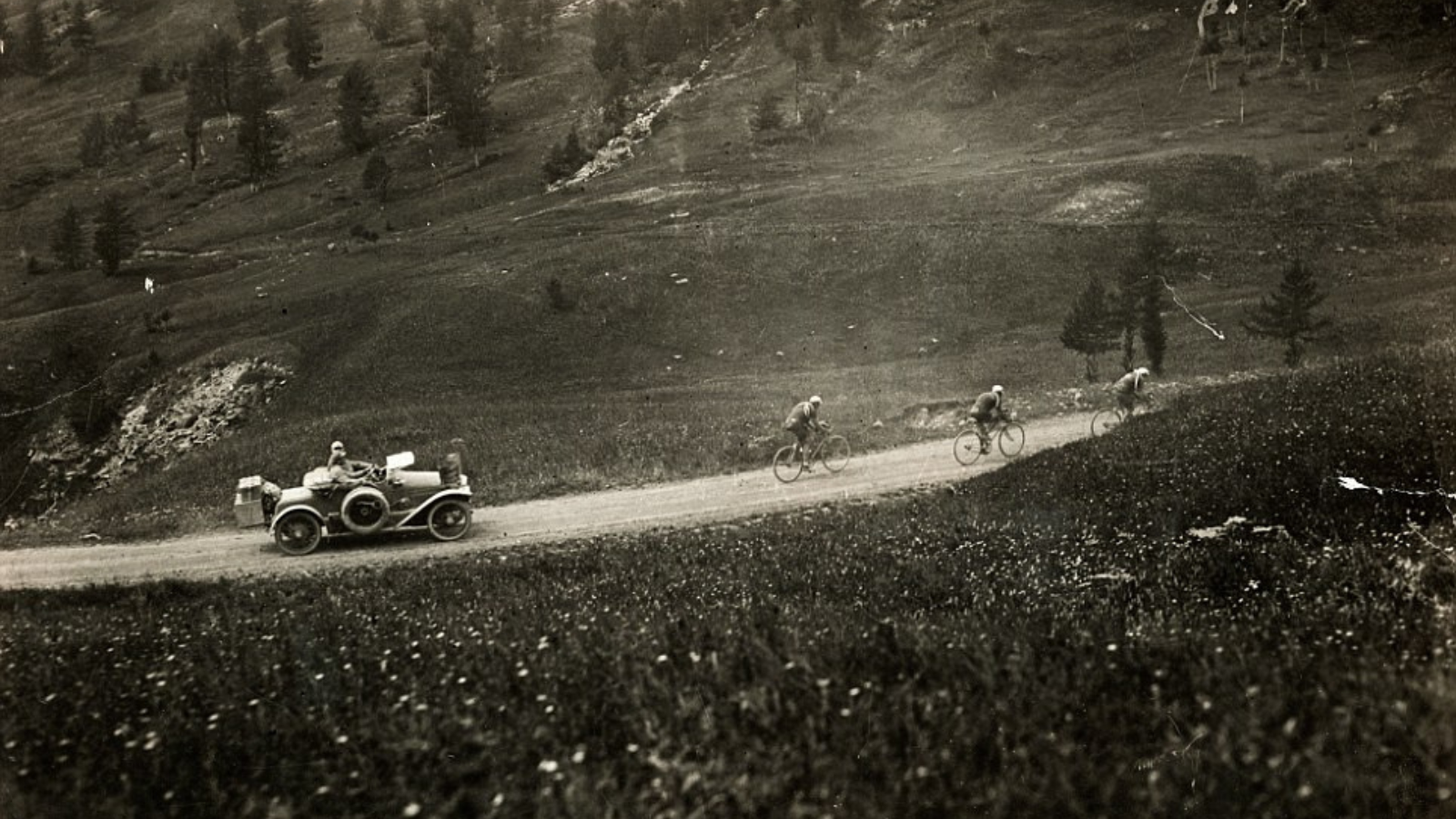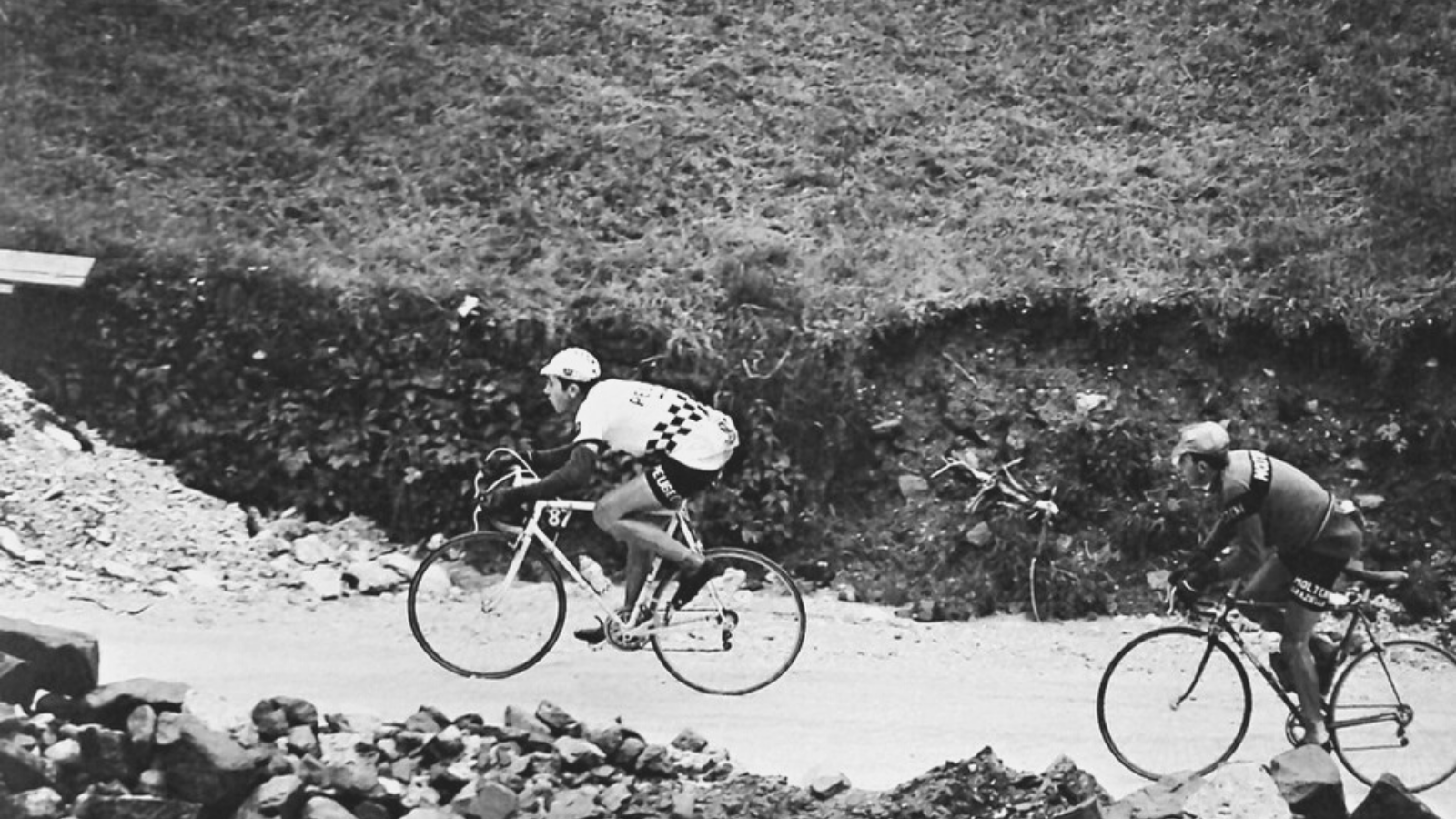It's never too early to start preparing for next year's Tour de France. Not even on a small blog like PelotonTales. But especially for a small blog is very crucial to find a topic for the months of the off-season, which sometimes can be cruel. Sometimes it looks like I have to start from the very beginning to introduce PelotonTales for its readers in next spring.
Therefore, during the off-season months I am even more grateful, if you would like to support the blog with a small donation. You can choose as little as 3$ but also more, 5, 10, 20 or 25$, please, select the opcion below. (I'm very grateful for the 3$, it would already mean, you appretiate what I do here on PelotonTales, and I can feel, that it's worth to spend time and creative energy to write this blog.)
Thank you.
Tour de France 2024 will start in Italy,
more precisely in Florence on the 29th June 2024. There will be 3 stages in Italy, the route will pay attention to the legacy of the great Italian cyclists who won the Tour de France, especially to Ottavio Botteccia, the first Italian Tour de France winner. (I picked him climbing the Tourmalet for the featured image of this blog) Ottavio Bottecchia won the Tour de France in 1924 and 1925. I know, that there is little about him on PelotonTales blog, although he played an important role in the 1920s, and this time period is one of the most mentioned here on this blog. Although Bottecchia had a very successful career, sadly a very short one. The circumstances of his untimely death in 1927 are, despite several theories, still pretty much unclear, even almost hundered years after it happened.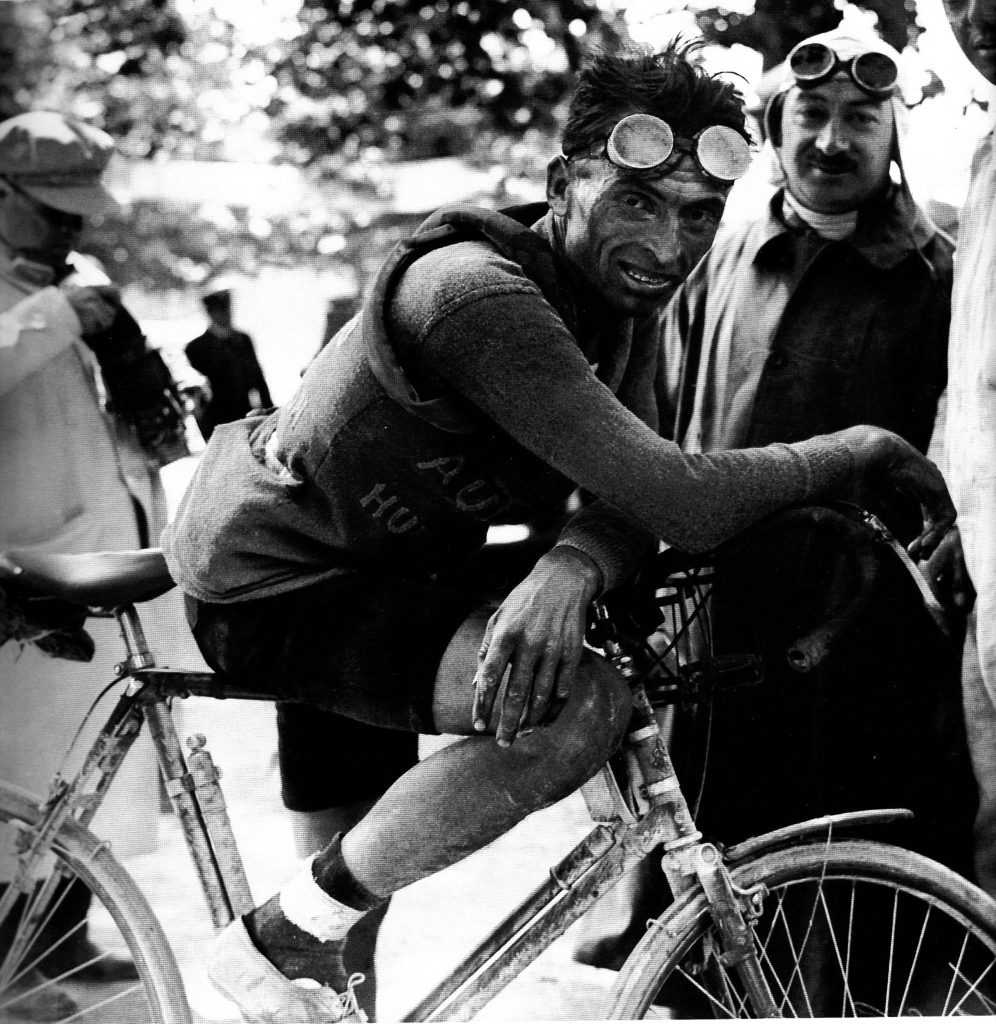
TOIR DE FRANCE IN THE1920S
Cyclists meet a local inhabitant during Tour de France 1925
During the first few decades in the history of Tour de France, mountain routes were kind of “terrae incognitae”, uncharted territories. We all know the story when Alphonse Steniès persuaded Henri Desgrange to include Tourmalet in the program of Tour de France 1910. He was struggling even to find a car driver, a local guide… Read More »Cyclists meet a local inhabitant during Tour de France 1925
Faces from the peloton: Jules Deloffre, “the acrobat cyclist”
Undoubtedly, there were plenty of cyclists with unique stories in the peloton in the first few decades of road cycling races. These atlethes were not necessarily successful riders or didn’t become the bigest stars of their days, but yet, their stories are worth to be told. Actually, if we are looking deeper into the well… Read More »Faces from the peloton: Jules Deloffre, “the acrobat cyclist”
Ottavio Bottecchia on the Izoard (Tour de France 1925)
Col d’Izoard was introduced to Tour de France in 1922. It seems to have been the new favourite of the organizers, they put it in the program also in the next 5 years. (And it is still one of the most used ascent in the history of Tour de France) Ottavio Bottecchia might have been… Read More »Ottavio Bottecchia on the Izoard (Tour de France 1925)
Especially about Tour de France 1949 what is considered one of the best editions ever.
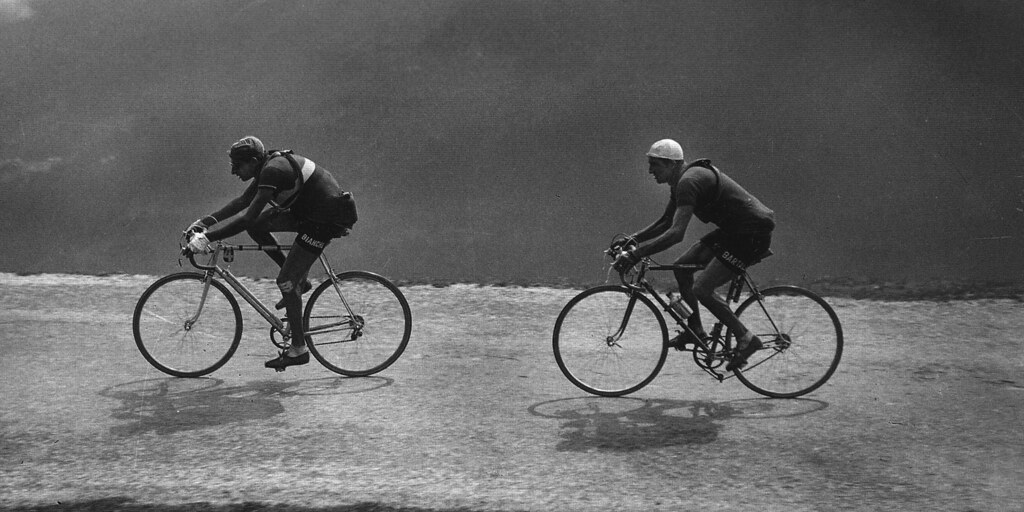
Speaking of Fausto Coppi. Isn't it just fascinating, that he had such a huge impact on the history of Tour de France with only three participations?
The first Italian Grand Depart ever
Although Tour de France visited Italy for several times, the first time the race will start from Italy will be the first stage of Tour de France 2024
So, I thought, while preparing for Tour de France 2024, I try to find some interesting stories or fun facts about any occasion the race visited the neighbour country.
Also, talking about Tour de France abroad generally seems to be a good topic for the next months.
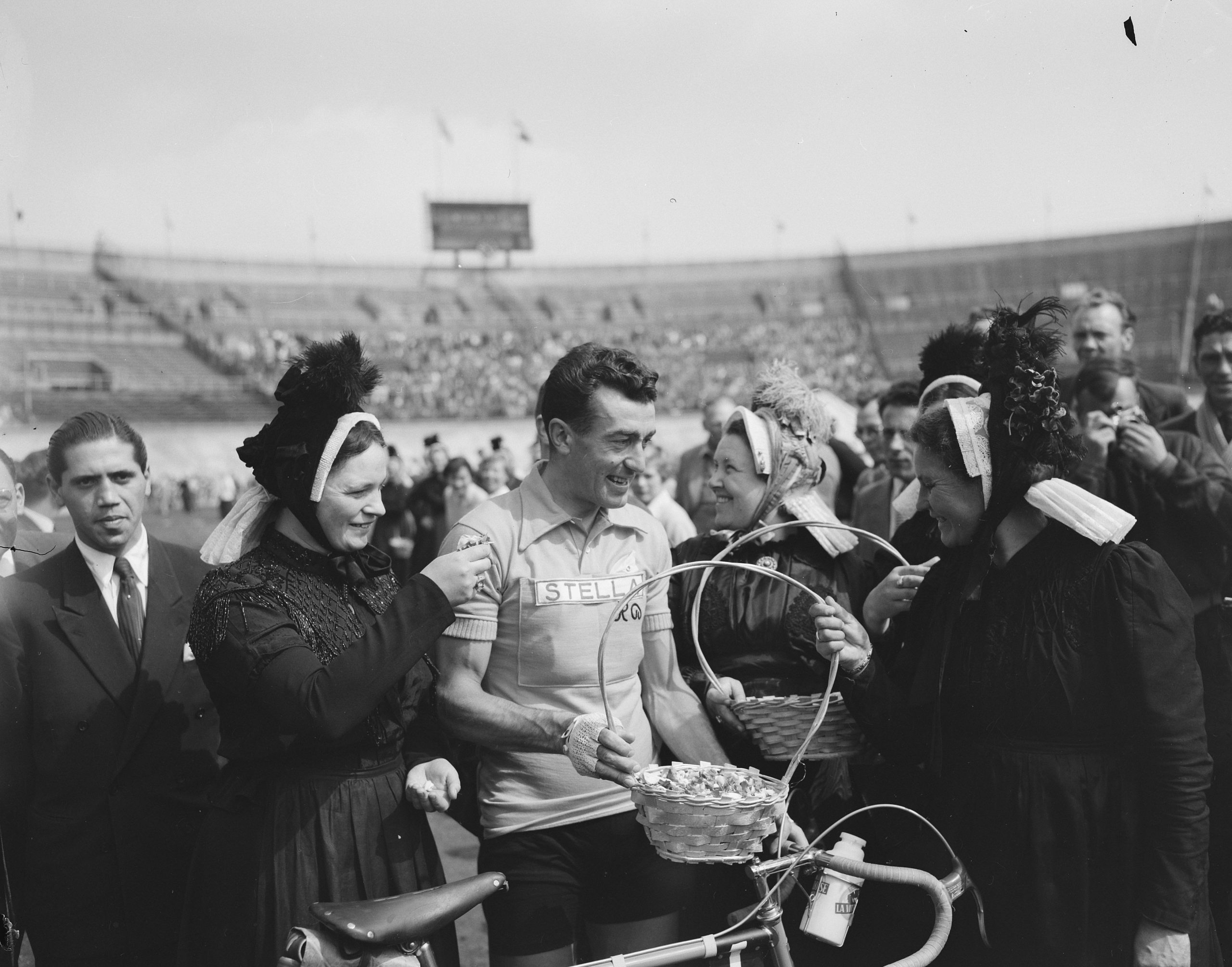
Tour de France visiting foreign countries always had a certain cultural (and historical) impact, as the story of the first foreign stage finish (ironically, it was in Metz, a French city, but it was in 1907) proves it.
The fascinating early years of Tour de France
As you can see, there are plenty of exciting stories from the early years of Tour de France, another topic I like to share content frequently. Isn't it exciting to follow how a successful sport event was created, maintained and developed through the years, especially in the early part of its history?
Anyway, one of the most bussiest categories on PelotonTales blog are related to the early period of road cycling races, especially to Tour de France, which with its multiple stage format was a revolutionary new type of cycling events, that has proved to be a successful model.
(If you would like to read more earlier stories, or learn about the recvolutionary impact of bicycle on the late 19th century society, please visit the special Cycling Revolution project of PelotonTales.)
THE EARLY YEARS OF TOUR DE FRANCE
5 facts about Tour de France 1903
The first Tour de France started at 3 pm on the 1st of July in 1903 from the Café au Reveil Matin (Paris).
15 July 1909 Francois Faber wins his5th consecutive stage
There are few records from the early days of Tour de France still standing. One of them is the five consecutive stage victories during the race. The record holder is Francois Faber, the winner of the 1909 edition. Faber won eight stages that year, the the fiveco secutive knes he managed between the 2 and… Read More »15 July 1909 Francois Faber wins his5th consecutive stage
4 July 1906 Tour de France visits Lille for the very first time
The opening stage of Tour de France 1906 was relatively short according to the standards of the time, “only” 271 km. The day started in Paris (as it was usual until 1926) and the finished in Lille. Emile Georget was the best rider on that day. Tour de France will return to Lille also in… Read More »4 July 1906 Tour de France visits Lille for the very first time
The early period of road cycling races ends with the outbreak of the First World War (1914-1917).
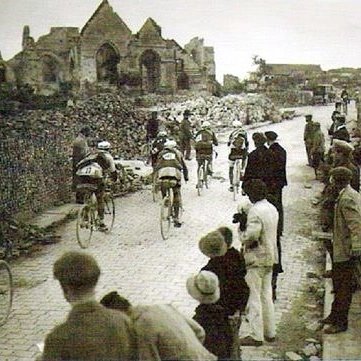
Not only because during the years of fights road cycling races were barely held, but also because the world, the sentiment in road cycling races were born disappeared with and entire generation of young (and not so young) men.
The First World War was a big shock for the entire European society, the shock still remembered every November in many European countries.
The devastating connection between the war and the world of road cycling races is one of the main topic PelotonTales used to focus on during the off-season. (Note, the blog refers to the First World War sometimes as "The Great War" )
OTHER TOPICS
Cycling in bad weather seems also a good topic during the autumn and winter months (especially in the Northern Hemisphere).
There are plenty of exciting mini-biographies in Faces from the Peloton category. The cyclists I introduce in this category are usually lesser know, but there is something unique and /or iconic in their life or career or just in their appearance, what is worth write (and hopefully) read about them.
Beause PelotonTales is mostly about stories.
Small stories, big stories. Fascinating stories, unbelievable stories. Always something, even the smallest, most unique and unusual elements of a possibly great story.
Iconic moments in the high mountains is another topic with almost endless possibilities to find a fascinating story. Mountain stages of the grand tours are usually the most popular ones, obviously, partially because their decisive nature. But people can like mountain stages for different reasons. Let's find out why you like them.
Just scroll through the post recommendations below, I'm pretty sure, you will find some interesting topics.
And don't forget, you can help to continue the blog's journey into the deepness of road cycling history. Please, as I asked before, comsider to support the blog with a small donation. Thank you!
FACES FROM THE PELOTON
Faces from the peloton: Raymond Delisle (1943-2013)
Thank you for being a devoted reader of PelotonTales. You are the reason why it’s worth spending so many hours to create new content and trying to improve this website. If you would show appreciation to my work, please consider supporting the blog with a small donation. Thank you! Raymond Delisle was one of those… Read More »Faces from the peloton: Raymond Delisle (1943-2013)
Faces from the Peloton: Theo Middelkamp (1914-2005)
You would never guess in what kind of stage the first Dutch Tour de France stage winner, Theo (Theofiel) Middelkamp (1914-2005) gained his victory. In a mountain stage in the Alps, including Télégraphe, Galibier and Lautaret. Considering that even in the early 1950s, when Wim van Est, the first Dutch cyclist to wear the yellow… Read More »Faces from the Peloton: Theo Middelkamp (1914-2005)
Faces from the peloton: Jules Deloffre, “the acrobat cyclist”
Undoubtedly, there were plenty of cyclists with unique stories in the peloton in the first few decades of road cycling races. These atlethes were not necessarily successful riders or didn’t become the bigest stars of their days, but yet, their stories are worth to be told. Actually, if we are looking deeper into the well… Read More »Faces from the peloton: Jules Deloffre, “the acrobat cyclist”
Faces from the peloton: Raymond Impanis (1925-2010)
The winner of the longest ever individual time trial (139 km ) in the history of Tour de France, Raymond Impanis had a successful career. Although a bit in the shadow of the biggest names of the era. That certain individual time trial at Tour de France 1947 was one of his two TDF stage… Read More »Faces from the peloton: Raymond Impanis (1925-2010)
Faces from the peloton: Serse Coppi (1923-1951)
Fausto Coppi’s brother, Serse was born on the 19th of March in 1923 in Castellania, Italy. He started to race professionally in the Bianchi team as the most trusted domestique of his older sibling in 1946. Nevertheless, he had his own personal success either: he won Paris-Roubaix in 1949, although under disputable circumstances. Originally, André… Read More »Faces from the peloton: Serse Coppi (1923-1951)
CYCLING IN BAD WEATHER
Fernando Manzaneque on the Col d’Iseran (Tour de France 1963)
Snow at the Tour de France? Yes, it happens sometimes, especially, when the race visits such high places like Col d’Iseran in the Alps. In the 16th stage of Tour de France 1963, the peloton visited the Alps. It was a 202 km long stage between Grenoble and Val d’Isere, including Col de la Croix… Read More »Fernando Manzaneque on the Col d’Iseran (Tour de France 1963)
Snow at Tour de France 1923
Snow at Tour de France is quite rare, but not impossible, as the image of Hector Heusghem at Tour de France 1923 proves. Belgian cyclist Hector Heusghem (1890-1982) was active as professional cyclist between 1912 and 1925. His best result at Tour de France was 2nd position both in 1920 and 1921. In 1922 he… Read More »Snow at Tour de France 1923
Charly Gaul on the Monte Bondone (Giro d’Italia 1956)
Cycling in extreme weather: Charly Gaul on the famous stage 20 up to Monte Bondone at the Giro d’Italia 1956 Race director Vincenzo Torriani was asked to cancel the stage due to the rough weather conditions were forecasted. But he declined it, he may have thought, this could make the unexciting race exciting again.… Read More »Charly Gaul on the Monte Bondone (Giro d’Italia 1956)
Pouring rain at the Tour de France 1936
The first stage of Tour de France in 1936 run in pouring rain.
Aldo Moser on the Stelvio (Giro d’Italia 1965)
Passo dello Stelvio (Stelvio Pass) is a 2757 m high pass in the Alps. The ascent was introduced to the Giro d’Italia in 1953. That stage was won by Fausto Coppi
ROAD CYCLING AND THE GREAT WAR
The slowest and the fastest Tour de France
You might wonder which Tour de France edition was the slowest and wich one the fastest. Here you have the answer. The slowest Tour de France was the 13th edition, held between 29th June and 27 July in 1919. The 5560 km long route of the race was divided into 15 stages. (And it wasn’t… Read More »The slowest and the fastest Tour de France
Tour de France winners died in the First World War
As in almost every part of European life, also in the world of cycling races World War I was a significant watershed. Not only the naivity of some athletes ((who thought previously, that fighting on the battlefield would be the same like competing at the Olympics – read more about it in Graham Healy:The Shattered… Read More »Tour de France winners died in the First World War
28 June 1914 – Last Tour de France before World War I started
On the 28th of June 1914, Austro-Hungarian Archduke Franz Ferdinand and his wife were assassinated. A month later the First World War broke out. When the peloton of the 12th Tour de France rolled out from Paris in the early morning on the same day, the cyclists were, of course not aware of what would… Read More »28 June 1914 – Last Tour de France before World War I started
The years of La Sportive consortium (1919- 1921)
Although Henri Desgrange was always keen to preserve Tour de France as a competition for individuals1, cyclists who were sponsored by the same bicycle manufacture naturally worked as a team. Alcyon for example, delivered four overall victories (François Faber, 1909; Octave Lapize,1910 ; Gustave Garrigou, 1911; Odyle Defraye, 1912) before 1914 and dominated most of… Read More »The years of La Sportive consortium (1919- 1921)
Tour de France winners: Maurice Garin (1903)
Maurice Garin (1871-1957), the winner of the first Tour de France became a professional cyclist only accidentally. Garin was racing as amateur already (he won his first race in 1893), when he decided to start at a race near to his hometown. He learned only at the start of the race, that this was an… Read More »Tour de France winners: Maurice Garin (1903)
CYCLING IN THE HIGH MOUNTAINS
10 July 1976 Lucien Van Impe takes the yellow jersey at Tour de France
Lucien Van Impe was second in the general classification with 2 ‘ 41″ behind Raymond Delisle before the 14th stage of Tour de France 1976. The program of the day on the 10th of July 1976 was a 139 km long route in the Pyrenees between Saint-Gaudens and Saint-Larry-Soulan, including Col de Menté, Col du… Read More »10 July 1976 Lucien Van Impe takes the yellow jersey at Tour de France
8 July 1996 Bjarne Riis wins a shortened stage in the Alps
Road cycling is an outdoor sport, obviously, and weather conditions can cause somet8mes trouble even at events with big prestige like Tour de France. This happened in the 9th stage in 1996. The day started in Le-Monétier-les-Bains, the route was originally 176 km long. But due to the over 100km/h strong wind it must have… Read More »8 July 1996 Bjarne Riis wins a shortened stage in the Alps
Climbing Col d’Allos at Tour de France 1914 -Vintage cycling image of the day
Tour de France 1914 started on the same day, 28th June, as the Austro-Hungarian Archduke Franz Ferdinand and his wife, Sophie, Duchess of Hohenberg were assassinated in Sarajevo. When the riders lined up in the middle of the nigh for the start of the first stage in Paris, they knew nothing about that this day… Read More »Climbing Col d’Allos at Tour de France 1914 -Vintage cycling image of the day
Cyclists meet a local inhabitant during Tour de France 1925
During the first few decades in the history of Tour de France, mountain routes were kind of “terrae incognitae”, uncharted territories. We all know the story when Alphonse Steniès persuaded Henri Desgrange to include Tourmalet in the program of Tour de France 1910. He was struggling even to find a car driver, a local guide… Read More »Cyclists meet a local inhabitant during Tour de France 1925
Eddy Merckx on Blockhaus (Giro d’Italia 1967)
Every road cycling legend, every great champion has that first epic moment that defines their career. The moment that takes everyone by surprise, yet deep down, everyone knows this cyclist was always capable to do it. In 1967 Eddy Merckx was already a two-time Milano-Sanremo champion, after he repeated his success in previous year. He… Read More »Eddy Merckx on Blockhaus (Giro d’Italia 1967)
